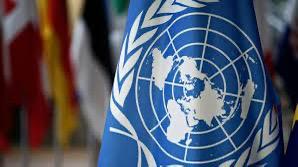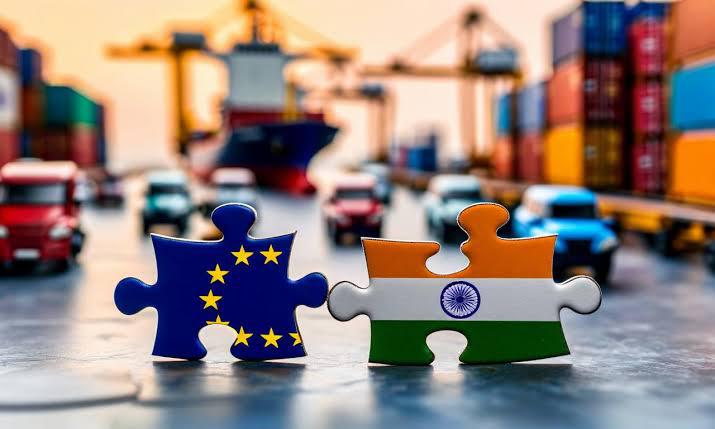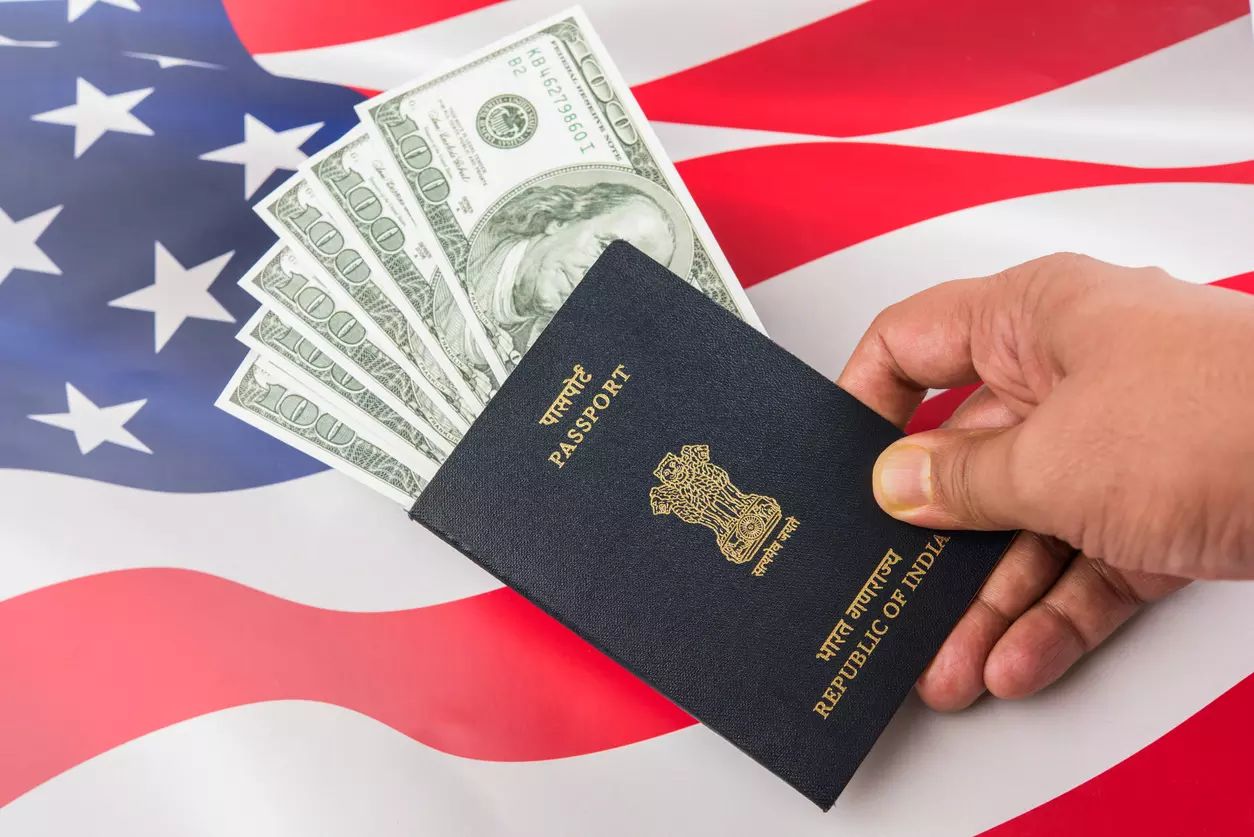The institutions that run the modern international system feel like they were created for an entirely different timeline. The permanent membership of the United Nations Security Council (UNSC) when it was formed in 1945 reflected the power reality of the immediate post-war period. The five countries given veto-wielding status: the United States of America, the United Kingdom, France, the Soviet Union (now Russia), and China – represented the winners of a worldwide war. Though never perfect, that arrangement was at least justifiable then. But in the eight decades since, the world has changed significantly. Mostly, the UNSC has not.

The reform calls for these institutions are not new. The growing gap between those with institutional power and those who bear worldwide obligations is what is new and pressing. From financial stability to climate talks, pandemic response to peacekeeping, the allocation of real power no longer matches the structure of world decision-making. India’s lack of permanent membership of the Security Council has grown especially notable as a sign of this disparity.
Few nations now straddle as many spheres of world importance as India. A nuclear power, a regular contributor to UN peacekeeping efforts, the fifth-largest economy, the most populated country in the world, and a founding voice in several global South forums, all define India. It plays a major role in regional conflict management, has an independent foreign policy, and interacts with Western and non-Western blocs. India’s G20 chairmanship in 2023 highlighted its capacity to serve as a bridge-not only diplomatically but also normatively-between conflicting worldwide interests. India remains a non-permanent, rotating participant at the most important table for war and peace issues.
What makes this exclusion troublesome is not only symbolic injustice. It is operational ineffectiveness. Nearly every significant geopolitical issue causes the UNSC to find consensus difficult. Its paralysis in Syria, its failure to act on Ukraine beyond ritual condemnation, and its ongoing deadlock on Gaza expose a deeper structural defect: a council meant for a bipolar world trying to arbitrate multipolar crises. The credibility of the Council declines when vetoes are used to shield national allies or evade responsibility. Worse, it tells smaller countries that global government is irrelevant, ineffective, or selective.
India’s membership in a reformed Council would not, by itself, address these issues. But it would surely be a move toward recalibrating the UNSC to fit modern geopolitical and demographic reality. It would increase Asia’s representational footprint outside China and offer a democratic counterbalance inside the P5 framework. And maybe most importantly, it would show that not only debated in theory but also carried out in practice, institutional changes in world governance are feasible.
Naturally, changing the UNSC is a difficult endeavor. Any one of the vetoes can stop progress under the structural need that any reform must be approved by two-thirds of the UN General Assembly and ratified by all five permanent members. Notwithstanding official promises to more general reform, China’s historical opposition to India’s assertion continues to be a major barrier. Though sometimes rhetorical, the United States has not aggressively pursued the agenda with consistent diplomatic zeal. Russia has been ambivalent. Given this context, expectations have to be reasonable; yet, the need is still quite important.
India, for its part, has gone past entitlement. Decades of positive interaction with the UN system have helped it to stake its claim. Whether in disaster relief, vaccine distribution, digital governance, or development financing, India has positioned itself not only as a recipient of worldwide standards but also as a contributor to them. Its peacekeeping history, especially, is remarkable: often in unstable and underfunded environments, more than 250,000 Indian people have worked on UN missions. This is not a nation waiting to be raised; it has already shouldered the obligations of membership without benefiting from its benefits.
The case for India’s permanent membership is also a case for a more inclusive Council. All three of these areas- Africa, Latin America, and the Arab world – are glaringly underrepresented. Any significant change has to increase permanent membership to match the demographic, geographical, and normative diversity of the 21st century. Though pursued separately via the G4 platform with Germany, Japan, and Brazil, India’s campaign has to be more and more integrated into a shared Global South story. If reform is viewed as a question of equity for whole areas rather than ambition from individual countries, it is more likely to catch on.
There is also the issue of what sort of member India would be. Critics contend that a permanent seat might either pull India into polarising groups or limit its strategic flexibility. Recent years of Indian foreign policy have been defined exactly by its capacity to balance conflicting interests. While keeping military collaboration with Russia, it has strengthened strategic ties with the United States. Even as it strengthens the Quad, it has navigated a difficult relationship with China. While advocating a free and open Indo-Pacific, it actively interacts with BRICS. Being able to negotiate multipolarity is not a flaw; rather, it is the sort of agility a deadlocked Council sorely needs.
Institutions that cannot change run the risk of irrelevance in a society where collective action is required on everything from climate migration to cyber warfare. Reforming the Security Council is not only about fitting growing powers. It is about reestablishing the validity of the very concept of world government. A Council that does not mirror the world as it is cannot expect to influence the world as it will be.





